Share this post!
Preventative maintenance plans allow your condo board to shift from short-term repairs to long-term improvements. While you still conduct the work in small increments, you manage it in a smarter, more cost-effective way. Here’s why your condo board is missing the boat without a preventative maintenance plan.
You Become Proactive, Not Reactive
Preventative maintenance plans are proactive. If you are managing projects or repairs at the point where things are already broken down, you are reacting. As a result you have no idea of when funds will be required. This is not only more demanding on your team, but also costs more money as the damages tend to be more extreme.
You Balance the Work and Budget
When you shift to preventative maintenance plans, you shift the balance of the work to focus on preventing major investments. Introducing more inspections allows you to make this shift easily. You find issues before they become serious, so you are always one step ahead of the game. As a result, you prolong expected life span, while your finances are more sustainable. You can also be more accurate at predicting breakdowns and replacements based on input from the inspections. You plan reserve fund allotment, avoiding special assessments and common expense fee increases.
You Focus on Mission Critical Systems
Preventative maintenance looks at mission critical system needs based on best practices. Effective maintenance schedules consider manufacturer guidelines and the conditions outlined in warranties. This uses proven timelines to improve the health of systems, while also understanding when you need more money as warranties run out. As well, many condo boards fail to review warranty conditions and make bad decisions that can actually void warranties. Sticking to the terms of warranties helps ensure you remain compliant and don’t end up footing the bill despite the warranty being active. Focusing on mission critical systems one at a time spreads out the work and allows you to address each one in turn based on priorities.
You Improve System Efficiencies
Routine maintenance schedules can save a surprising amount of energy when you focus on mission critical systems. From HVAC and water heating systems to your roof, all of these systems depend on each other to help save energy. When you stick to a strict maintenance schedule, and document conditions through regular inspections, you extend life while seeing gradual improvements to energy efficiency as you address each system. You no longer work hard and spend money in emergency situations, but instead spread everything out, gain savings from efficiencies and actually avoid emergencies.
Work Load Becomes More Predictive
As you add each system to your schedule, work load also becomes more predictive. Therefore you see efficiencies in labour which can allow team members to handle neglected aspects of condo management such as resident communications. When your team becomes proactive, time management improves because no one is scrambling to resolve ongoing, unexpected repairs and emergencies. While it takes time to implement your preventative maintenance plan, in the long run you save time and money by eliminating a reactive work environment. Efficiencies can also lead to smaller maintenance teams which also saves money on labour costs. One person can remain the day to day maintenance person, while another focuses on preventative management.
While it might seem like too much work right now, the sooner you embrace a preventative maintenance plan, the less work you’ll need to do over time. If you need assistance in effective condo management, the experts at CPO Management Inc. can help. As a Toronto property management company specializing in condo management services, we can help introduce a preventative maintenance plan and find cost savings through improved efficiency. For more information about how we can assist with your property management, or for any other questions reach out to us today.
